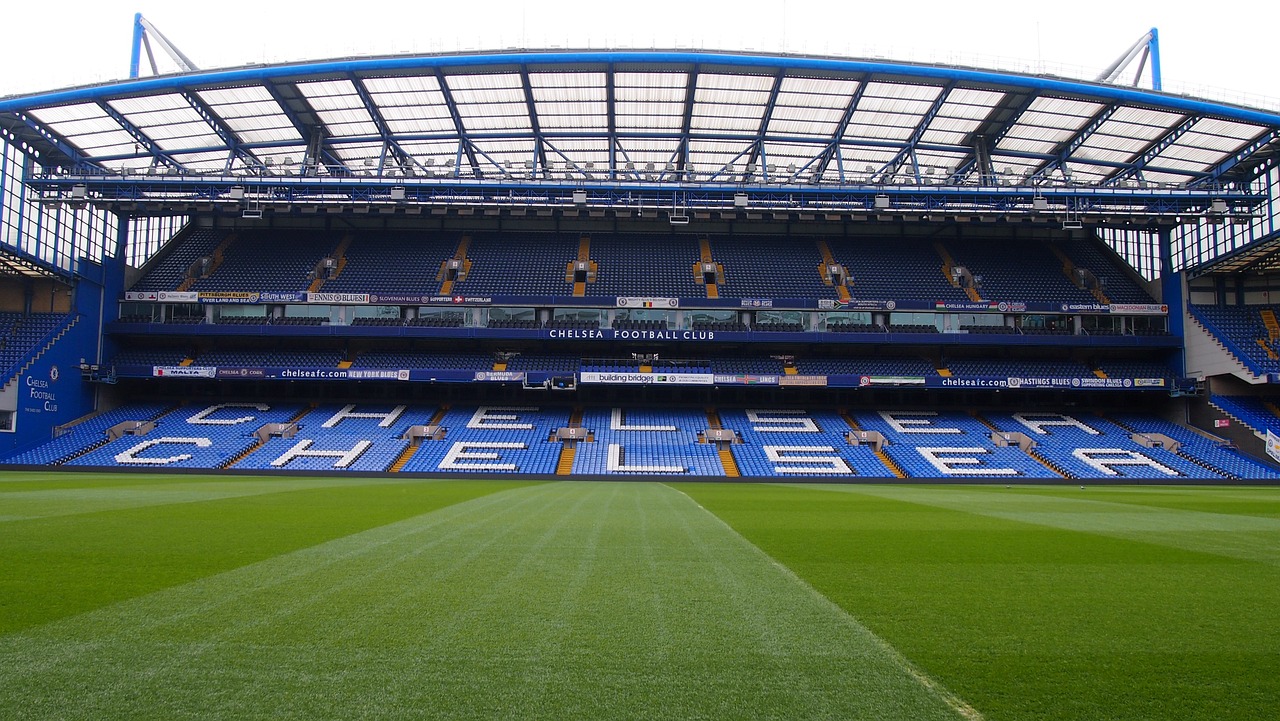
Chelsea’s Bold Contract Moves Under Todd Boehly
Chelsea star Cole Palmer’s 2-year contract extension, tying him to the Blues until 2033, marks another outlandish move in a series of notably unusual decisions since Todd Boehly took control of Stamford Bridge.
A stellar first season and a call-up to England’s Euro 2024 squad perhaps warrant some form of reward, although most sensible fans, let alone the executives in charge of most clubs, would argue that an additional two years to a contract with seven years left to run is perhaps not the optimum recognition.
Nicolas Jackson: Rewarded for Mediocrity?
More startling still is the subsequent announcement of similar terms for Striker Nicolas Jackson, who seems to have earned a pay rise in the process, in reward for a rather ordinary and certainly no more than satisfying first season in the Premier League.
These latest contract extensions come in the middle of a transfer saga that has seen homegrown talent Conor Gallagher exiled from the squad, sent to Madrid and brought straight back, with no progress on where he will be for the coming season.
Chelsea’s Bleak Future Prospects
It isn’t easy to look at Chelsea’s current state of affairs and envision any real success in the next couple of seasons.
A club that has appointed its fifth manager in two years, with a squad of over 50 players and a handful contracted almost a decade into the future, and it seems that the following few managers and potentially a new director of football may be untangling the web of the first two years of American ownership for seasons to come.
Financial Fair Play: How Chelsea Spent Over £1 Billion
However, the big question on everyone’s minds is, in the face of tight financial restrictions, which have seen two clubs sanctioned with points deductions in recent seasons, how has Chelsea managed to spend more than £1 billion in just four transfer windows?
To the naked eye, the rules don’t apply to Todd Boehly and his transfer team. However, through complex accounting technicalities and a few questionable hotel sales, the Blues have managed to fork out more than most of the league combined while incurring strictly 115 fewer sanctions than four-time consecutive champions Manchester City.
The Strategy Behind Long-Term Contracts
The structuring of FFP rules means that clubs can spread payments over several years, meaning each accounting period only bears the burden of a small portion of the transfer fee paid. This is one of the reasons Chelsea have dished out so many abnormally long contracts.
The club has also sold tens of millions of hotels near the ground, albeit to a sister company. Still, the club exploits loopholes in the rules and shouldn’t be blamed for taking advantage of poorly crafted regulations.
Todd Boehly: Financial Brilliance vs. Footballing Naivety
The sheer brilliance of the Chelsea board to bypass rules that have crippled teams across the league in recent times is a testament to their financial savviness.
So how has one of the world’s biggest clubs managed to spend over £1 billion, yet failed to qualify for the Champions League in the last two years, accumulated 50 players on their books (despite Graham Potter’s complaints that 33 was too many), and ended up with a team that, on paper, probably isn’t even the third or fourth best starting 11 in the league?
Todd Boehly: Lack of Football Expertise
Boehly brings little accounting genius compared to his significant lack of football expertise.. Chelsea is being run like a computer company that has cleverly bypassed anti-competition laws but doesn’t know how to assemble a computer.
In stark contrast to the Chelsea model is Newcastle, which, under Saudi ownership, has surprisingly played within the rules. It spends less than half of what Chelsea has and has more to offer in return regarding Champions League qualification and a team that functions well together.
Missed Opportunities: What Chelsea Could Have Been
Had Chelsea appointed a respected and experienced hierarchy with a top football director, they may well have been able to assemble the league’s best team on paper for 75% of the price. Instead, they managed to conjure up a way to spend ten figures, with no one capable of paying it appropriately.
The future will tell how Chelsea’s careless business practices play out, but they must hope and pray that they won’t be left with 15 unwanted players with years left on their contracts in five years.
If Todd Boehly can get an experienced team underneath him and hand over the transfer reigns, along with another £1 billion kitty, they may still dominate English and European football. Is it too late, though? Will the Blues spend the next decade untangling an American mess, or will the billion-pound ‘super team’ finally click? Time will tell.
Image by Andreas H. from Pixabay

